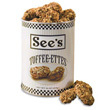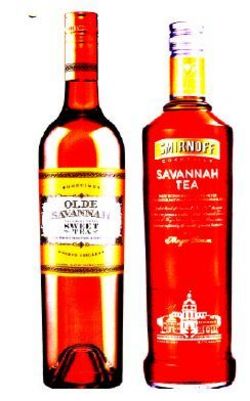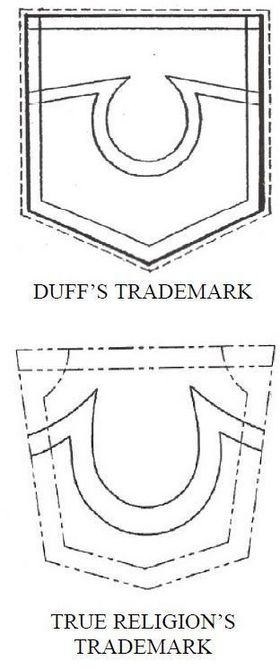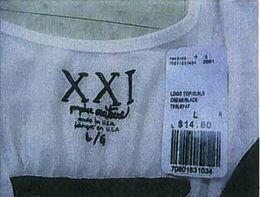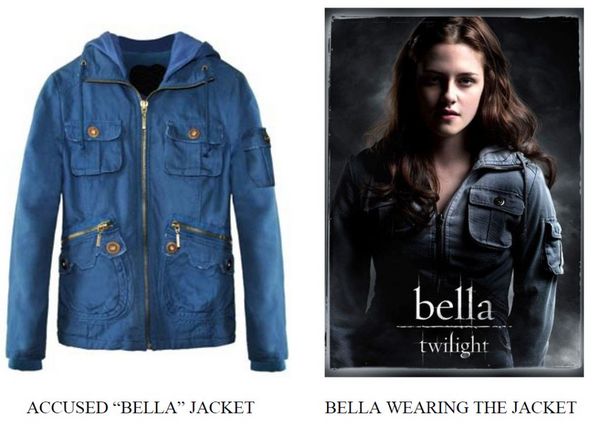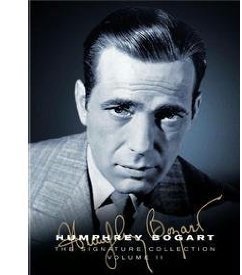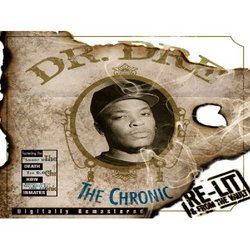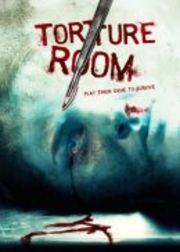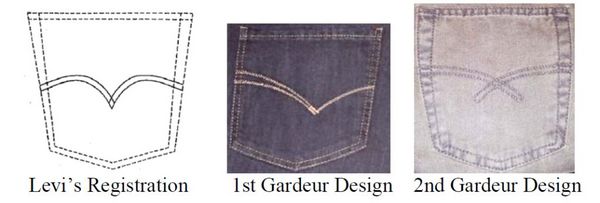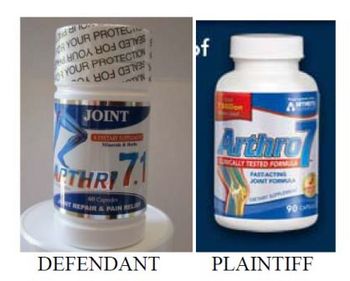 Santa Ana, CA – Nutrivita is a dietary supplement distributor, including the Arthro-7 nutraceutical supplement which is advertised as alleviating joint pain. The Arthro-7 trademark registered with the USPTO on October 24, 2000.
Santa Ana, CA – Nutrivita is a dietary supplement distributor, including the Arthro-7 nutraceutical supplement which is advertised as alleviating joint pain. The Arthro-7 trademark registered with the USPTO on October 24, 2000.
Plaintiff alleges that in July of 2010 it began receiving inquiries from customers and retailers regarding the relationship between an “Arthri 7.1” product and Plaintiff’s Arthro-7 product. Nutrivita discovered that “Arthri 7.1” was being marketed and distributed by M V Cosmetic. Nutrivita alleges that “Arthri 7.1 is clearly an attempt to imitate the Arthro-7 trademark by altering the ‘o’ to an ‘i’, and changing ‘7’ to ‘7.1’.” In addition to the trademark infringement claim, Nutrivita asserts causes of action for unfair competition under the Lanham Act and the California Business and Professions Code § 17200, false description under the Lanham Act, and common law injury to business reputation. The case is Nutrivita Laboratories, Inc. v. M V Cosmetic et al., SACV 10-1142 JVS (C.D. Cal. 2010).
 Los Angeles Intellectual Property Trademark Attorney Blog
Los Angeles Intellectual Property Trademark Attorney Blog


